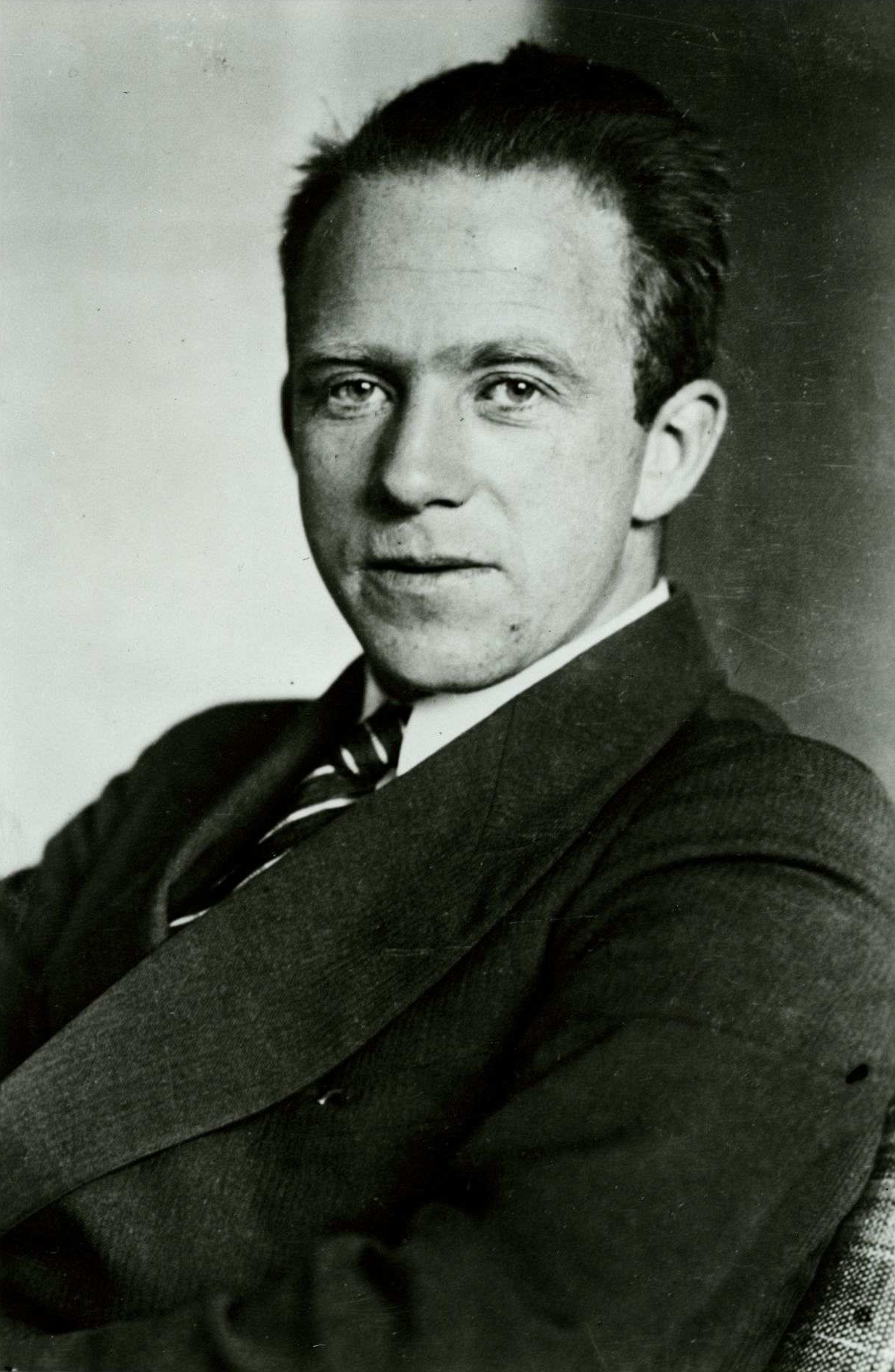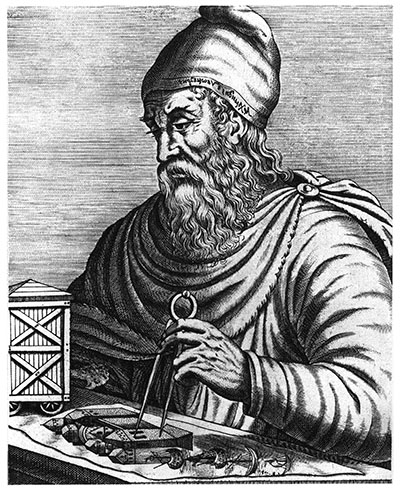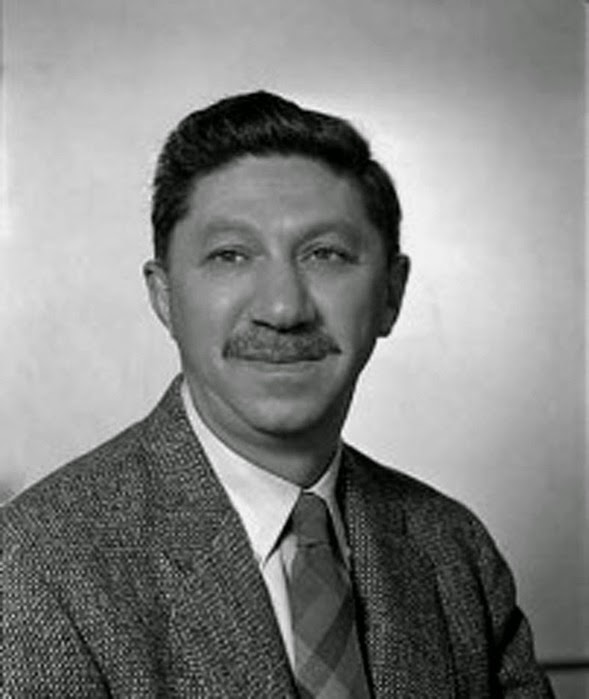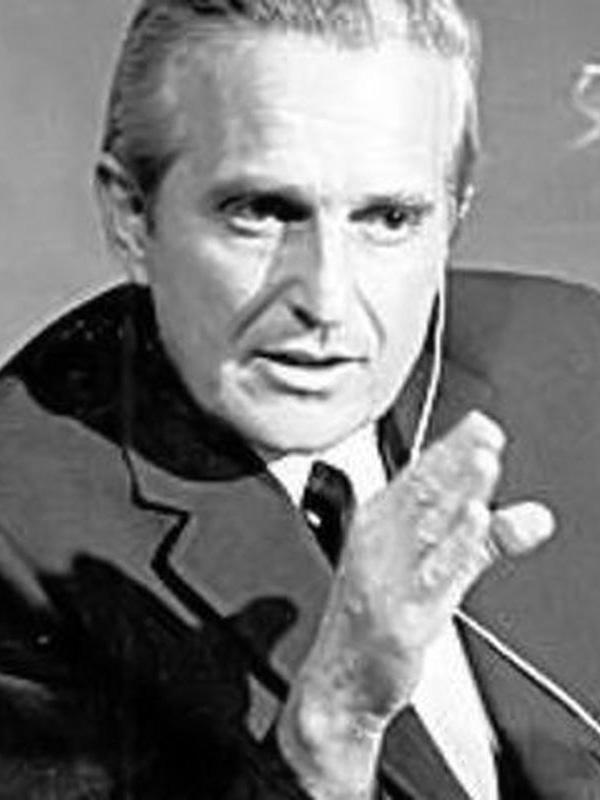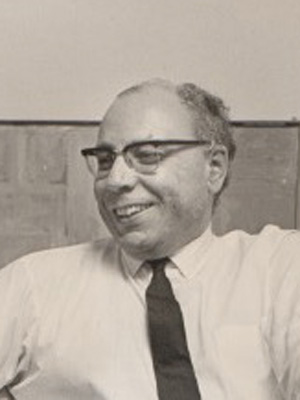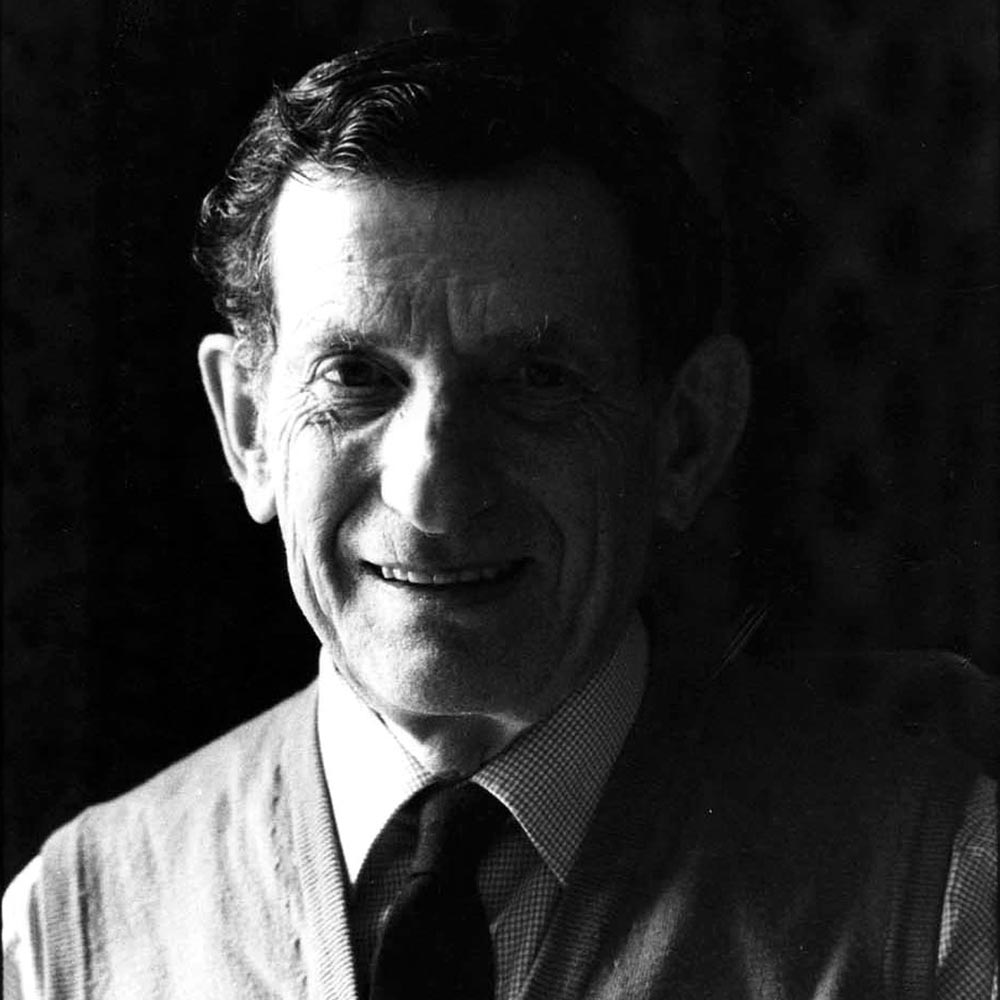Difference between revisions of "N-keywords"
m |
|||
| Line 33: | Line 33: | ||
<p>For the lack of a better word, I'll use <em><b>materialism</b></em> as <em><b>keyword</b></em> to point to <em>both</em> the fundamental assumptions about the world and the mind that Heisenberg was pointing to—and to the larger societal and cultural <em><b>paradigm</b></em> that grew from them. And ask you to join me in overcoming <em><b>materialism</b></em> for pragmatic reasons too.</p> | <p>For the lack of a better word, I'll use <em><b>materialism</b></em> as <em><b>keyword</b></em> to point to <em>both</em> the fundamental assumptions about the world and the mind that Heisenberg was pointing to—and to the larger societal and cultural <em><b>paradigm</b></em> that grew from them. And ask you to join me in overcoming <em><b>materialism</b></em> for pragmatic reasons too.</p> | ||
| − | <h3>Materialism is | + | <h3>Materialism is not even <em>sustainable</p>.</h3> |
<p> From the soil we extract minerals and turn them into material objects; and ultimately into waste and pollution. It has been estimated that our ecological footprint is <em>already</em> 60% larger than our planet can endure.</p> | <p> From the soil we extract minerals and turn them into material objects; and ultimately into waste and pollution. It has been estimated that our ecological footprint is <em>already</em> 60% larger than our planet can endure.</p> | ||
Revision as of 12:56, 21 October 2023
Contents
- 1 Federation through Keywords
- 1.1 Paradigm
- 1.1.1 Scientific discoveries demand fundamental change.
- 1.1.2 Materialism is not even sustainable</p>.</h3> From the soil we extract minerals and turn them into material objects; and ultimately into waste and pollution. It has been estimated that our ecological footprint is already 60% larger than our planet can endure. There is, however, a notable difference between our time and Galilei's: Where censorship and prisons were historically used to spread transformative ideas from spreading—today they are simply ignored; because of the overabundance and the jungleness of our information. It is by first changing the paradigm in information that the larger societal and cultural paradigm shift will become possible. Donella Meadows identified “the power to transcend paradigms” as the most effective way to intervene in (society's) systems. In what follows I'll invite you to join me in handling the contemporary issues in this most powerful way. Logos
- 1.2 Design Epistemology
- 1.3 Methodology
- 1.4 Knowledge federation
- 1.5 Systemic innovation
- 1.6 Dialog
- 1.1 Paradigm
Federation through Keywords
Keywords are custom-defined words. They enable us to think and speak in new ways. By creating keywords we can give old words such as “information” and “culture” a distinct function and a new life. Keyword creation is a means to linguistic and institutional recycling.
Often but not always, keywords are adopted from the terminology of an academic field, cultural tradition or frontier thinker. They enable us to account for what’s been seen, experienced or comprehended; to ‘stand on the shoulders of giants’ and see further; to see things in new ways and see them whole.
Science too drew its power from keywords; when we learned to see and comprehend the physical world in terms of velocities, momentums and masses—our comprehension and our power expanded. By allowing us to create keywords, the knowledge federation transdiscipline enables us to apply the power of science to comprehension of all other themes; notably the ones we must, urgently, be able to comprehend and handle.
File:Fractal.jpgParadigm
I use the word paradigm informally—to point to a general societal and cultural order of things; where everything depends on everything else; and also to the fractal-like structure that paradigms tend to have—where even the smallest detail reflects its overall shape. And I also this keyword as Thomas Kuhn did—to point to a (1) different way to conceive of a domain of interest, which (2) resolves the reported anomalies, and (3) opens up a new domain for research and development.
The Liberation book begins with the iconic image of Galilei in house arrest whispering "And yet it moves!" in order to develop an analogy—between that historical moment when a sweeping paradigm shift was about to happen (from the Middle Ages and the tradition, to the Enlightenment and the Modernity) and our own time; where the paradigm is again ready to shift, because the reported anomalies demand that it does; and because we own all the information that comprehensive change requires.
Scientific discoveries demand fundamental change.
(Werner Heisenberg, Physics and Philosophy, 1958)
When physicists became able to look at the small quanta of energy-matter, they found them behaving in ways that contradicted the assumptions based on which science had developed; and our very common sense—as Robert Oppenheimer pointed out in Uncommon Sense. To 'stand on their shoulders', I turned narrow frame into a keyword; and use it to point to that very pattern that a certain very narrow pragmatic thinking inscribed in all the details of our social and cultural reality, both large and small. In Physics and Philosophy Heisenberg described the narrow frame as follows: "This frame was supported by the fundamental concepts of classical physics, space, time, matter and causality; the concept of reality applied to the things or events that we could perceive by our senses or that could be observed by means of the refined tools that technical science had provided. Matter was the primary reality. The progress of science was pictured as a crusade of conquest into the material world. Utility was the watchword of the time. On the other hand, this frame was so narrow and rigid that it was difficult to find a place in it for many concepts of our language that had always belonged to its very substance, for instance, the concepts of mind, of the human soul or of life."
Heisenberg's point was that 20th century physics constituted its rigorous disproof. He wrote Physics and Philosophy expecting that the largest contribution of his field to mankind would be a cultural revolution—that would result from correcting this epistemological error.
For the lack of a better word, I'll use materialism as keyword to point to both the fundamental assumptions about the world and the mind that Heisenberg was pointing to—and to the larger societal and cultural paradigm that grew from them. And ask you to join me in overcoming materialism for pragmatic reasons too.
Materialism is not even sustainable</p>.</h3>
From the soil we extract minerals and turn them into material objects; and ultimately into waste and pollution. It has been estimated that our ecological footprint is already 60% larger than our planet can endure.
There is, however, a notable difference between our time and Galilei's: Where censorship and prisons were historically used to spread transformative ideas from spreading—today they are simply ignored; because of the overabundance and the jungleness of our information. It is by first changing the paradigm in information that the larger societal and cultural paradigm shift will become possible.
Donella Meadows identified “the power to transcend paradigms” as the most effective way to intervene in (society's) systems. In what follows I'll invite you to join me in handling the contemporary issues in this most powerful way.
Logos
</div>
</div>
(René Descartes, Meditations on First Philosophy , 1641)
Donella Meadows talked about “systemic leverage points” as those places within a complex system “where a small shift in one thing can produce big changes in everything”. I see no reason to doubt that the key to it all—and the way to begin to build a comprehensive new paradigm—is by doing as Descartes did when our existing paradigm was about to take shape; by revisiting—and reconstructing—the very foundation of it all.
Logos is what you think you are saying when you use the word "logic": It's the correct way to use the mind ("correct" in an evolutionary sense; which helps us find and follow a good evolutionary course). It is also what we intend to say when we add the suffix "logy" to form a name of a discipline: It's the correct pursuit of knowledge. And yet logos is the very opposite from what "logic" and "logy" have come to signify! Logos means going back to the drafting board; and doing as Descartes did—at the point when our paradigm was just beginning to take shape.
The reason why must do as Descartes did is because he and his colleagues got it all wrong; they made two fundamental errors—by believing that the purpose of the quest of knowledge was to find conclusive and unchanging truth; which is revealed to the mind as the sensation of absolute certainty!
"Mind could be introduced into the general picture [of materialism] only as a kind of mirror of the material world,” Heisenberg noted. But scientists proved them wrong!
When knowledge federation was about to begin to self-organize as a transdiscipline, I wrote in a blog post a summary of Stephen toulmin's last book Return to Reason; where this premier philosopher of science and historian of ideas explained how exactly it transpired that "in the professional activities of tightly structured disciplines, conformity is more highly valued than originality"; and referred to the Roman military camp to explain the etymology of the word “discipline”; and outlined how, historically, the scientific disciplines became rigorous and formal in their method, and restrictive in their choice of themes.
<h3>Knowledge federation is envisioned as the academia's evolutionary organ.</h3>
Which the founding fathers of the modern university institution didn't know they needed; because they believed they already had the right way to knowledge; because Descartes and other Enlightenment's founders gave it to them.
Design Epistemology
(Attributed to Archimedes)
Step Two is to correct the way we use the mind; to rebuild the foundation. And use it as Archimedean point. How? I gave you my answer when I talked about our only axiom: Instead of assuming that we already "know"—we federate a way to use the mind; we federate logos; and use it to create a foundation on which truth and knowledge are to be erected.
Design epistemology takes the constructivist credo a step further—instead of stating it as fact about reality—state it as a convention.
Prescriptions to use the mind, and the foundation for knowledge etc.— are no longer thought out—but federated; to reflect the state of the art in science and philosopyy.
Restores rigor because (1) convention and (2) federated! And it continues to evolve!
Design epistemology empowers us to build a flexible and evolving way to knowledge; and instead of 'inheriting the candles'—create socio-technical 'lightbulbs' and continue to recreate them. And (instead of adhering to inherited ways and institutional formats—be creative in the very ways in which we practice our profession. And evolve knowledge and culture at the same rate as technology has been evolving; and make us capable—culturally and ethically—to use the technology safely, and to our and our planet's true benefit—or wholeness.
Design epistemology is the third and bottom-level of holotopia's five insights. It's the root from which it all springs up.
(Abraham Maslow, Psychology of Science, 1966)
Methodology
Next step is to create a general-purpose methodology. Function of "scientific method"—works in general. Prototype: polyscopic methodology as general-purpose "scientific method".
Ability to exercise the key powerful function of academia—tell us the people what should information be like (I use this keyword to denote both the physical artifacts and the way how they are created and used). The ability to shift paradigms is in the hands of publicly sponsored intellectuals (not Donald Trump, not Wall Street bankers)!
In this way responded to Abraham Maslow's general complaint—same as above. And also to his basic direction.
Maslow writes: "I discovered [...] that many scientists disdain what they cannot cope with, what they cannot do well. I remember counterattacking in my irritation with an aphorism I coined for the occasion: 'What isn't worth doing, isn't worth doing well.' Now I think I could add: 'What needs doing, is worth doing even though not very well.'"
Polyscopic methodology reverses this anomaly. It is general-purpose; it empowers us to choose subjects based on relevance; and create information as well as we are able.
(Doug Engelbart, "Title*, Byte, 1995)
Knowledge federation
The next step is to create process and system for </b></em>information</b></em>. Putting things together.
That's what knowledge federation is! Process!
Curiosity: New knowledge media have been created for that purpose! By Doug Engelbart and his SRI team. Core of his vision is collective mind revolution. Different division of labor. Exactly what knowledge federation requires.
(Erich Jantsch, Loooong title, MIT Report,1969)
Systemic innovation
Finally—"the solution to world problems"; what is it? What's the ability we need?
See the systems in which we live and work as gigantic machines; comprising people and technology; DECIDE what the effects of our work will be. HUGE benefits. MUST rebuild them—now turn efforts into problems.
Paradigm, like science—see systems whole.
Jantsch: evolutionary vision. Ilya Prigogine at Berkeley 1972; Five years later got the Nobel Prize for this work. Point is—NOT stability (in classical cybernetics AND in politics and economics); how to keep systems stable. Point is—to make them pliable. Able to change.
That's what we did as knowledge federation—create a prototype and organize a transdiscipline around it. To update it continuously. Restore the severed tie between information and action. Empower systemic change. losely related: We are evolution. Part of it. Use new IT as building material—to ENABLE new ("collectively intelligent" or informed) human systems to emerge; including "democracy" or society.
(Erich Jantsch, Loooong title, MIT Report,1995)
Dialog
It was all ignored.
The function of the dialog is to dissolve the paradox.
Not using mind; in captivity—can't even begin! History of ignoring. Academia too busy to listen. Only doing "its job". <p>Dialog is the prototype to begin the process.

